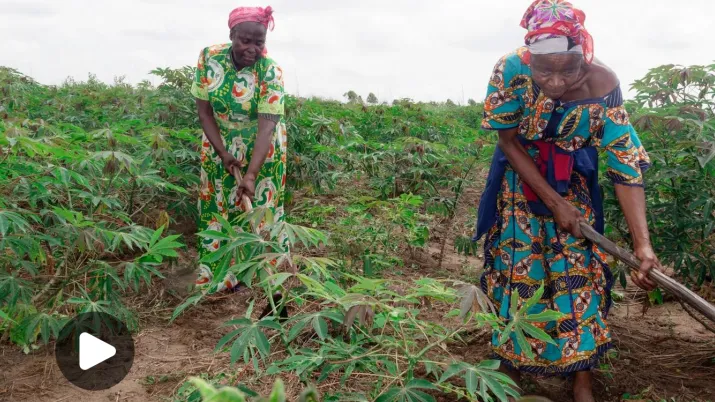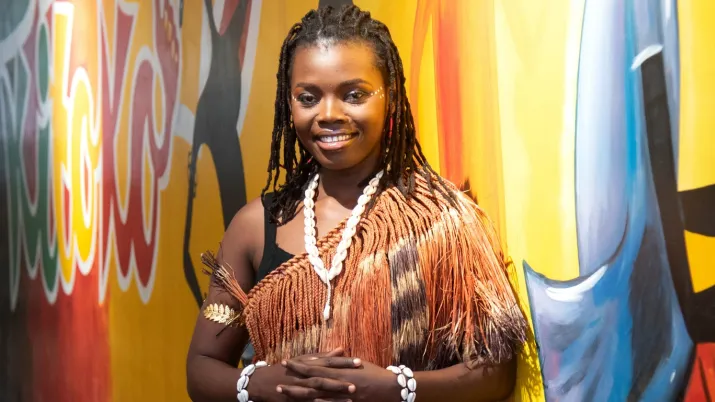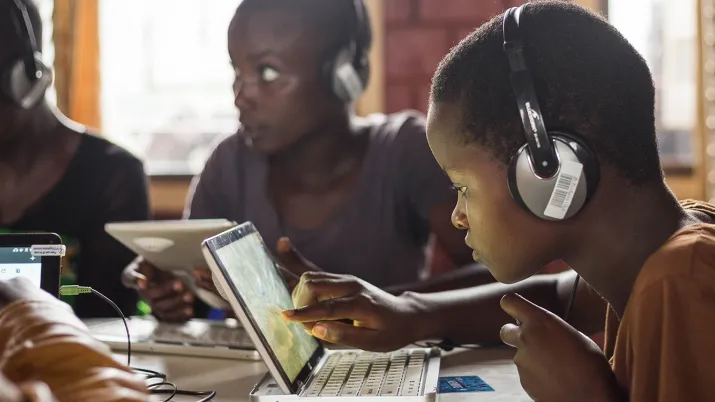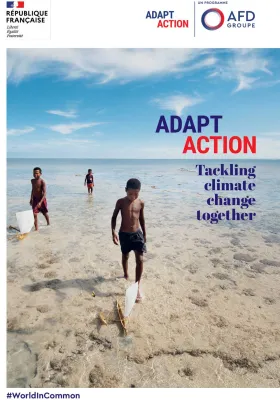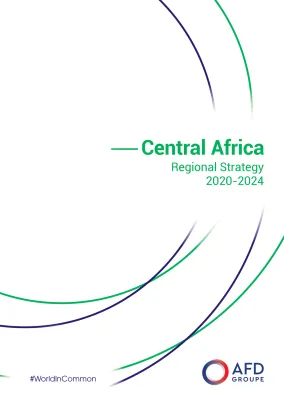Share the page
The Republic of the Congo
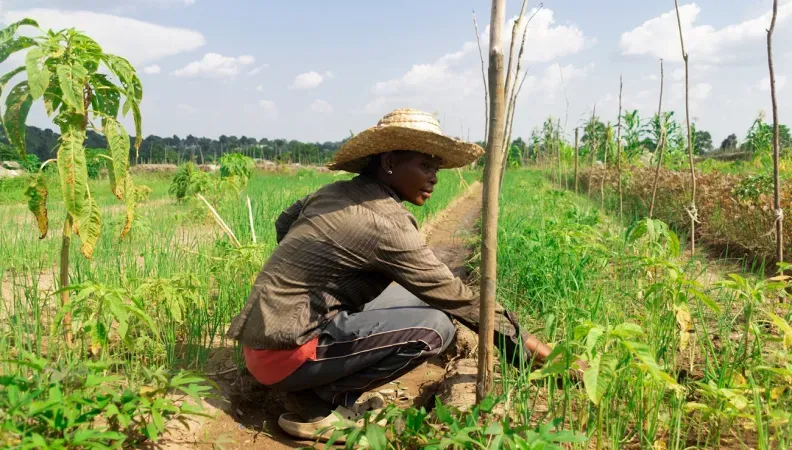
AFD’s action in the Republic of the Congo follows a multisectoral approach focused on modernizing the country’s infrastructure, preserving biodiversity and enhancing its natural heritage, and strengthening human capital.
Context
The Republic of the Congo faces multiple economic and social development challenges: a poorly diversified economy, insufficient and aging infrastructure, weak social indicators, underutilized natural resources, and skills that need strengthening.
A key partner of the Congo since 1960, AFD supports the implementation of the country’s strategic priorities, focusing its action on three main sectors:
- Infrastructure (water, energy, transport, sanitation);
- Sustainable development (forests, environment, agriculture);
- Human development (health, social protection, vocational training, and higher education).
Our approach
AFD and the Republic of the Congo are acting for tomorrow: a lasting commitment to the planet, for both climate and biodiversity.
With 70% of its population living in cities, the Republic of the Congo is one of the most urbanized countries in Africa. To improve living conditions and diversify the national economy, AFD finances infrastructure projects that meet high environmental and social standards, with the aim of:
- Promoting the sustainable development of the cities of Pointe-Noire, Brazzaville, Nkayi, and Owando (in partnership with the European Union)
- Facilitating access to drinking water and electricity by supporting the expansion and reliability of water and power networks
- Improving healthcare provision through the renovation of sanitation infrastructure at Brazzaville University Hospital
- Strengthening the competitiveness of the Port Authority of Pointe-Noire (in partnership with the European Union)
The Republic of the Congo has abundant natural resources. AFD is fully committed to supporting the country in promoting a green economy, preserving forests and biodiversity, and anticipating the effects of climate change. Working in partnership with the Central African Forest Initiative (CAFI), the French Global Environment Facility (FFEM), and the European Union (EU), AFD contributes to:
- Promoting sustainable land use planning to preserve forests, secure land rights, and foster resilient agriculture and agroforestry (with support from CAFI and the EU)
- Revitalizing the agricultural and agroforestry sectors and supporting the development of market gardening around urban centers;
- Implementing the national policy for joint forest management to ensure better consideration of the social and environmental issues linked to logging
- Establishing sustainable practices for the management of fishery resources
- Supporting adaptation to the effects of climate change
To strengthen business competitiveness and give young people opportunities for training and employment, AFD supports the Republic of the Congo around three main priorities:
- Developing youth skills and employability by supporting vocational training for skilled workers across a range of sectors
- Modernizing higher education and research by improving initial and continuing teacher training and financing research projects linked to development challenges
- Bridging the gap between labor supply and demand by supporting the Congolese Employment Agency (ACPE) and the National Fund for Employability and Apprenticeship (FONEA) for the benefit of young people and women
A large share of the Congolese population works in the informal sector, and only 15% have access to social protection services. To address these major challenges, AFD has supported the development of an ambitious national social action policy, which has made it possible to:
- Develop a sustainable social safety net system across the entire country. AFD’s financing has provided assistance to 50,000 people living in poverty (Lisungi project, meaning “assistance” in Lingala)
- Establish a reception, counseling, and guidance mechanism for vulnerable groups, and support 1,000 people in implementing microprojects to promote their professional integration (Telema project meaning “stand up” in Lingala)
- Strengthen the skills of social workers through the National Institute of Social Work (INTS)
AFD promotes the growth of civil society organizations and networks (CSOs) to strengthen their capacity for dialogue with public institutions and other development partners, as well as their ability to act effectively in the field.
This support is provided through various dedicated financial mechanisms, including:
- The CSO Initiatives mechanism and the Sectoral Innovation Facility for NGOs (FISONG)
- The Small-Scale Initiatives Program (PPI) of the French Global Environment Facility (FFEM)
- The Microprojects Agency of La Guilde
- The Support Program for Diaspora Organizations (PAO-SI) of FORIM
In 2023, these initiatives represented more than 39 projects supported in the Congo, covering sectors such as education, legal entrepreneurship and governance, social inclusion, and agriculture.
In the field
News & Press Releases
“More tech companies are developing in Africa than in the rest of the world”
Published on June 8, 2023
Publications & Media
Key figures
-
498 million euros in outstanding financing in 2025
-
Nearly 1,000 income-generating microprojects financed for vulnerable populations since late 2022
-
350,000 people now have improved access to drinking water

